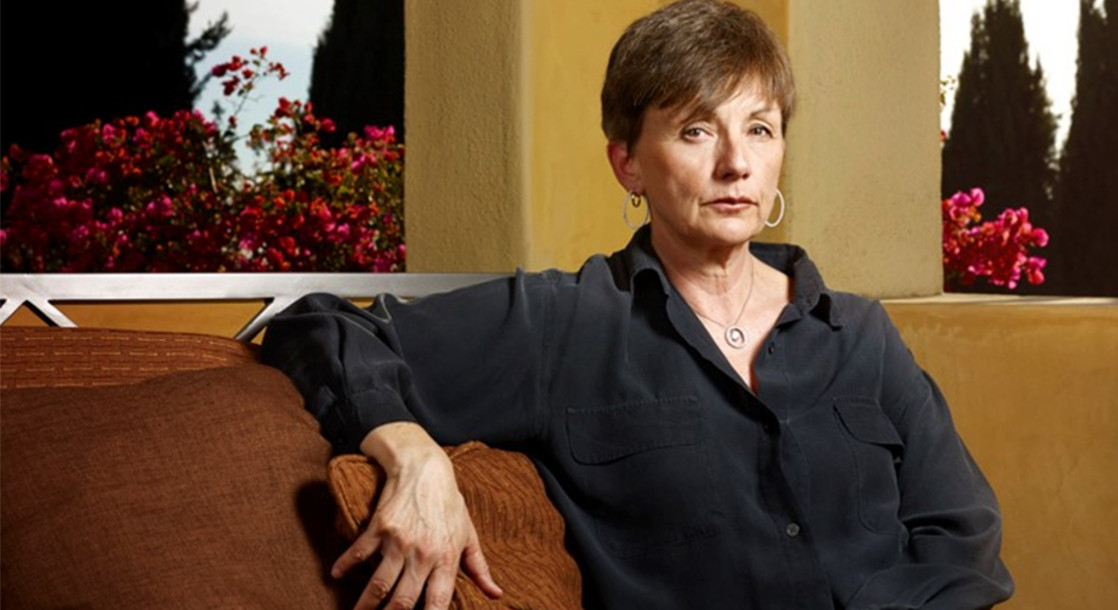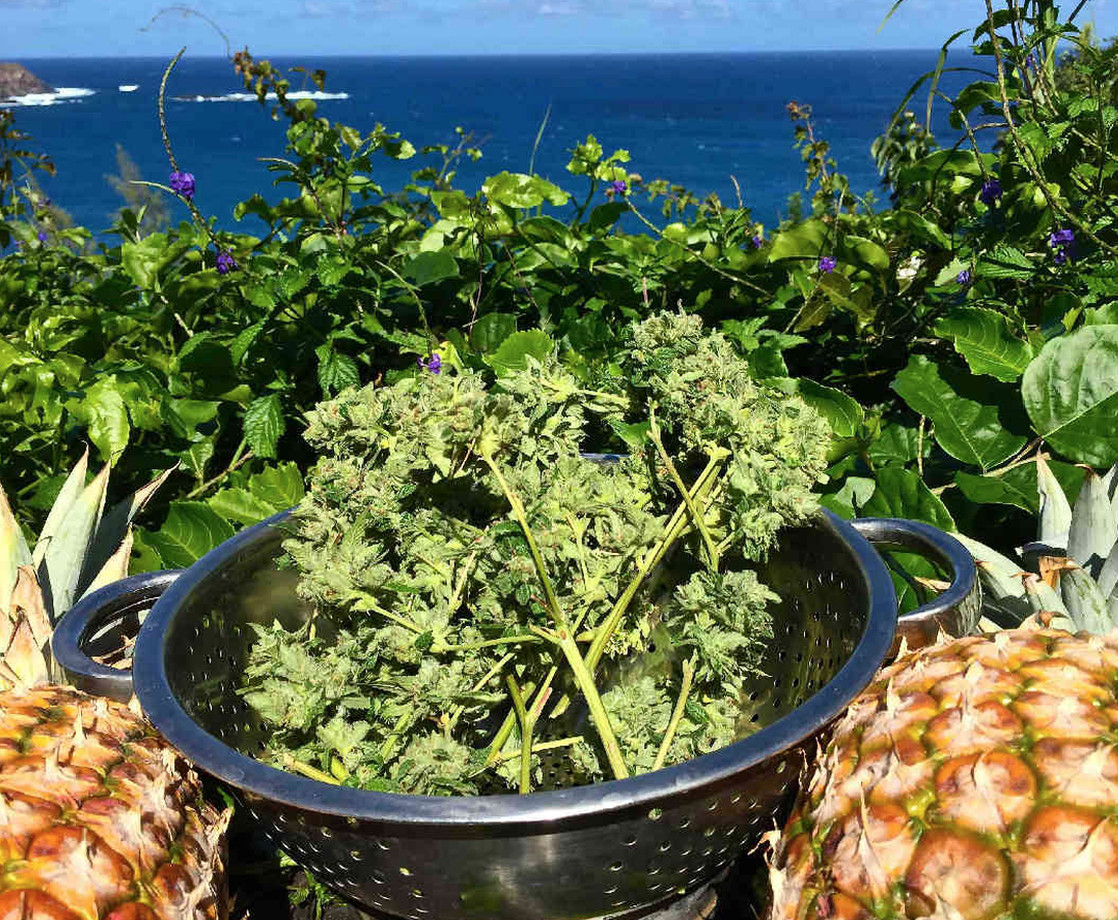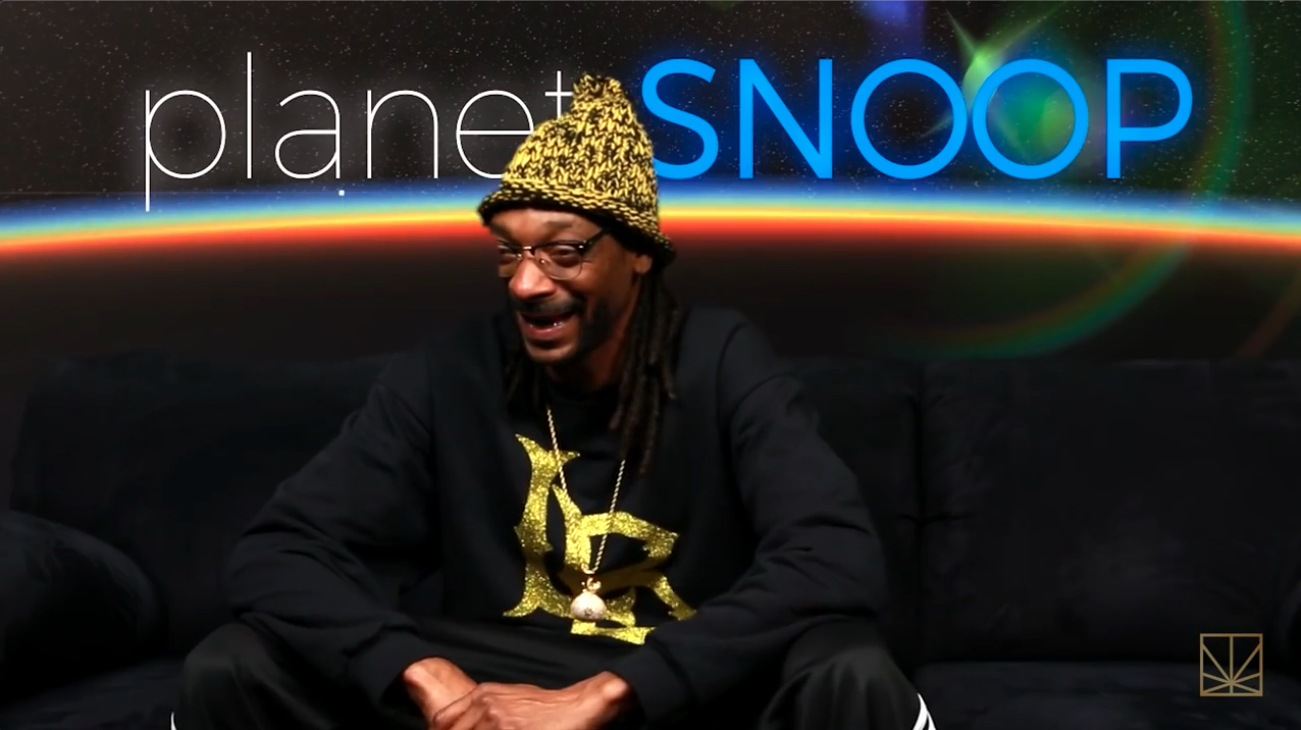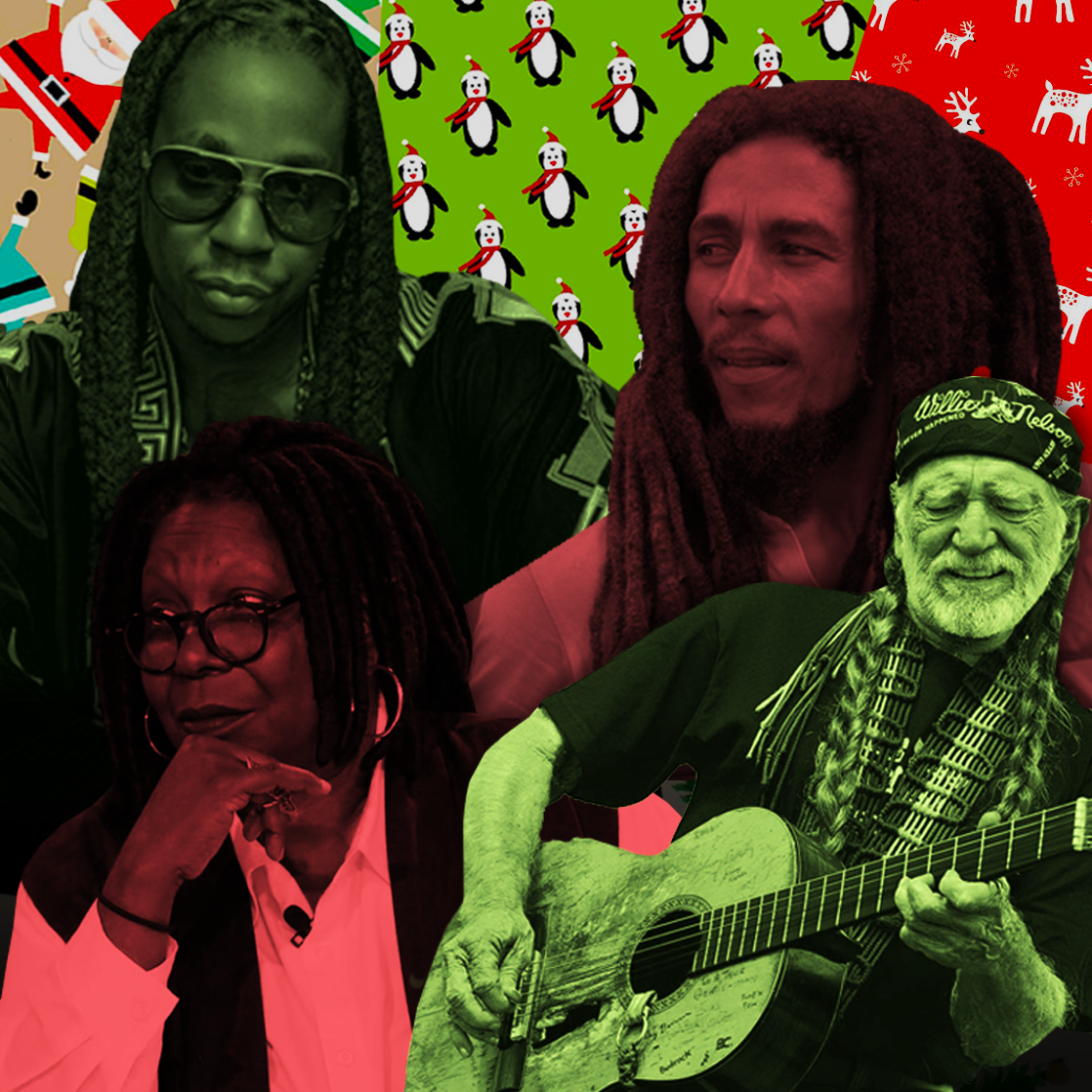Photo courtesy of Diane Goldstein
“Oh my god, everything I thought about drug enforcement was wrong,” realized Diane Goldstein. After years of policing her community of Redondo Beach, California, Diane had an epiphany and decided to do something about it. She simply couldn’t sit back and enforce something she no longer believed in, so she retired from police work, risked her reputation by pulling a complete reversal in her career, and is now a staunch advocate for drug policy reform and community building.
Diane is now the Board Chair of the Law Enforcement Action Partnership (a.k.a. LEAP — formerly known as “Law Enforcement Against Prohibition”). She recently graduated with her Masters in Criminology, Law, and Society from UC Irvine’s School of Social Ecology; served as a spokesperson for the successful Proposition 64 campaign to legalize cannabis in California; and is an active member of Moms United to End The War on Drugs. She’s also written for numerous publications and newspapers about criminal justice reform, including specifically about why all drugs should be legalized. We spoke with Diane about her major career shift, the realities of today’s drug policies, and what the average citizen can do to build their own communities while pushing for drug law reform.
This interview has been edited for length and clarity.
MERRY JANE: Can you tell us a bit about your experience enforcing drug laws during your time as a police officer?
Diane Goldstein: I spent from 1983 from 2004 in Redondo Beach, California doing law enforcement. As a sergeant, I ran our special investigations unit. The one thing I recognized at the conclusion of my career, is the one area of the criminal justice system where it didn’t matter how many people we arrested, was with drug [offenders]. It didn’t make a bit of difference in preventing drugs from coming into our communities. So I’ve largely called it drug war whack-a-mole. For every ten users you arrest, there’s thousands more. For every drug dealer you arrest, ten more pop up to take their place.
What are your views on cannabis legalization? What’s going well and what needs to be improved?
I think what is going right is the most important, critical factor for me, is the social justice issues. Many people are taking advantage of getting their records expunged, and my friends who are attorneys have been able to get cases wholly dismissed because of the passage [of Proposition 64]. What has not gone well is, I think, that we are overregulating instead of looking at sensible regulations. We really have to work on getting more licenses out there so we can start reducing the illicit market…the cities that are regulating are overtaxing and helping to prop the illicit market up. Overregulation isn’t going to help tamp down the illicit market. We need to license people more quickly, and we need to find a way to support the craft dispensary and small business owners.
What are your thoughts on current U.S. drug policy at large? Do you see national reform as being likely? What do you believe needs to be changed?
I think that if [the bill that Elizabeth Warren is proposing] passes, which there’s no doubt in my mind it will eventually pass, it’s going to be even more of a domino effect on getting the federal government out of local law enforcement matters. If that happens, I think what you will also see is cannabis being descheduled or rescheduled, so we can do research and hemp production. I think that’s going to be the first step in the blowing up of the drug war.
If we could simply get the federal government out of local law enforcement matters relative to drug policy, you’d see more states that would accept that the drug war is a failure, that treating people who suffer from chronic substance disorder through the criminal justice system is a failure, and that we will be able to decriminalize as a necessary first step and implement public health strategies. I think the problem is if you don’t sensibly regulate all drugs, cops and crooks are the only people who benefit from it…one of the things that is lost on people is that in a free society, you’re never going to completely eliminate the illicit market. The reason we need sensible government regulations on all drugs is to reduce the harm of the illicit market, because in a free society you are still going to have moonshiners and bootleggers and people who smuggle across state lines because we tax people too much.
In articles you’ve written, you’ve briefly explained that one of the reasons you pivoted from police work to drug policy reform and advocacy is due to personal experiences. Can you expand on that?
I have a brother who was dual-diagnosed as an adult, and he had some problems with the criminal justice system. He’d always had a substance abuse issue, whether it was alcohol or drugs, and he started self-medicating as a kid because he was not diagnosed for his mental health issues…my brother and I are pretty much exactly alike except for he took one path and I took another. I saw what could have been my life, and I saw what the criminalization of my brother did, and then my brother died.
[Editor’s note: You can read more about Diane’s brother’s story here.]
I had always been involved in working with gangs and doing a lot of community policing work, and I had this one couple who were addicted to heroin and were on methadone maintenance. I remember the man said, “I didn’t understand how overwhelming the criminal justice system can be” for people like him who didn’t have resources. When my brother fell off the wagon, I experienced exactly that. It was this epiphany of, “Oh my god, everything I thought about drug enforcement was wrong.” It just really changed my focus [to the point] where I recognized I had a role to play to make amends for the drug war in general…I didn’t want other families to experience what our family went through. We need to adequately fund drug treatment, mental health programs, after-school programs, early childhood education, and job and vocational training.
What do you think readers can do to help end prohibitionist drug laws, and to build up their own communities?
I think the hard part is people are afraid to be honest about their own personal stories, so I think one of the things that’s critically important is we can’t be apathetic. Go to your city council meetings and ask for accountability in regards to budgeting for law enforcement. Right now, law enforcement and fire departments take up the most significant chunk of our budget. We need to demand that prevention programs are available for our children and that more money is invested in mental health.
People need to start making phone calls to our legislators. People need to not be afraid of sharing their own personal stories…We cannot be apathetic to local, state, or national politics, and we have to make our voices heard and demand action. Sometimes we forget because we get caught up in our everyday lives, [but] the thing that we have to remember is the most important reason to end the drug war is because of the social justice issues. The reason to sensibly regulate marijuana is not to get a bunch of tax money — the reason we’re doing this is social justice.
The thing that concerns me the most is that….you have what’s called marijuana exceptionalism. People who smoke marijuana, love marijuana, and they’re completely comfortable with the issue of marijuana, but what [do] they do when it comes to the issue of other drugs? They kick those other drugs to the curb, and they’re apathetic to the social justice issues and the call to society from people who are struggling with other [forms of] substance abuse. If you really look at the research that is out there, about 80% of people who use drugs other than marijuana, never really have a substance abuse issue and don't require criminal or medical intervention to stop using. We all use drugs. Caffeine is a drug; tobacco; alcohol. We have to stop differentiating between good drugs and bad drugs. The biggest fear for our organization is once we’re done with marijuana, is that people will forget that it’s the same economic dynamics — whether it’s heroin or marijuana — which empowers cartels and criminals.
For more information about the Law Enforcement Action Partnership and its initiatives to end the War on Drugs, check out their website.











